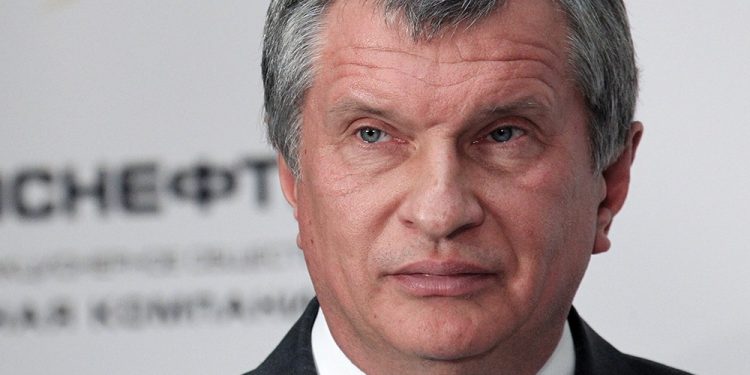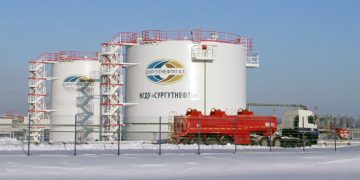Igor Sechin Noted That the World’s Oil Companies are Creating Reserves to Increase Production
The creation of reserves by global oil companies to increase production will neutralize the impact on the market of voluntary production restrictions within the framework of OPEC+, says Rosneft Chief Executive Officer Igor Sechin.
“The formation of reserves we observe by both Western and Middle Eastern companies may be an expectation of serious market changes. The presence of such phantom barrels, capable of having a large-scale impact on the market, neutralizes the impact of the voluntary reduction of production quotas assumed by the main OPEC participants. This is also shown by market data quotes that went down after the recent decision of the ministers of the participating countries,” he said at the energy panel of the St. Petersburg International Economic Forum.
“Given the current state of the market and operating conditions, American companies have chosen for themselves the path of industry consolidation, with majors such as Exxon and Chevron pursuing merger deals with other producers, increasing their production capabilities in order to ensure growth in profits and dividends. And growth production remains behind the scenes, as it requires capital expenditures, which must be secured by high prices,” Sechin noted.
“The volume of transactions and acquisitions in the US oil and gas industry last year reached $200 billion. Over the past two years, the five largest Western oil and gas companies spent a record $220 billion on payments to their shareholders, which was 30% higher than the volume of their investments during the same period,” he emphasized. head of NK.
“At the same time, we are seeing the Gulf countries also actively increasing spare production capacity, establishing distribution channels and investing in assets in consuming countries. The four key OPEC member countries – Saudi Arabia, the UAE, Kuwait and Iraq – already have significant free production capacity of about 5.6 million barrels per day, which is equivalent to 13% of current OPEC+ production. Some time ago, these countries announced plans to further increase capacity,” he said.
According to experts, by 2027 their total free capacity will increase by almost 2 million bpd, Sechin said.
The head of NK also believes that the budgets of most OPEC+ member countries are able to withstand a possible decrease in oil prices, which can be partially or fully compensated by an increase in supplies.
“Theoretically, for the Russian oil industry, a price reduction could mean the possibility of lifting all restrictions on the price ceiling, and the revenue side of the approved federal budget is based on $60 per barrel. In these conditions, the possibility of a prompt response from OPEC+ to the emergence of new impact factors will be of fundamental importance to stabilise world markets,” he said.







